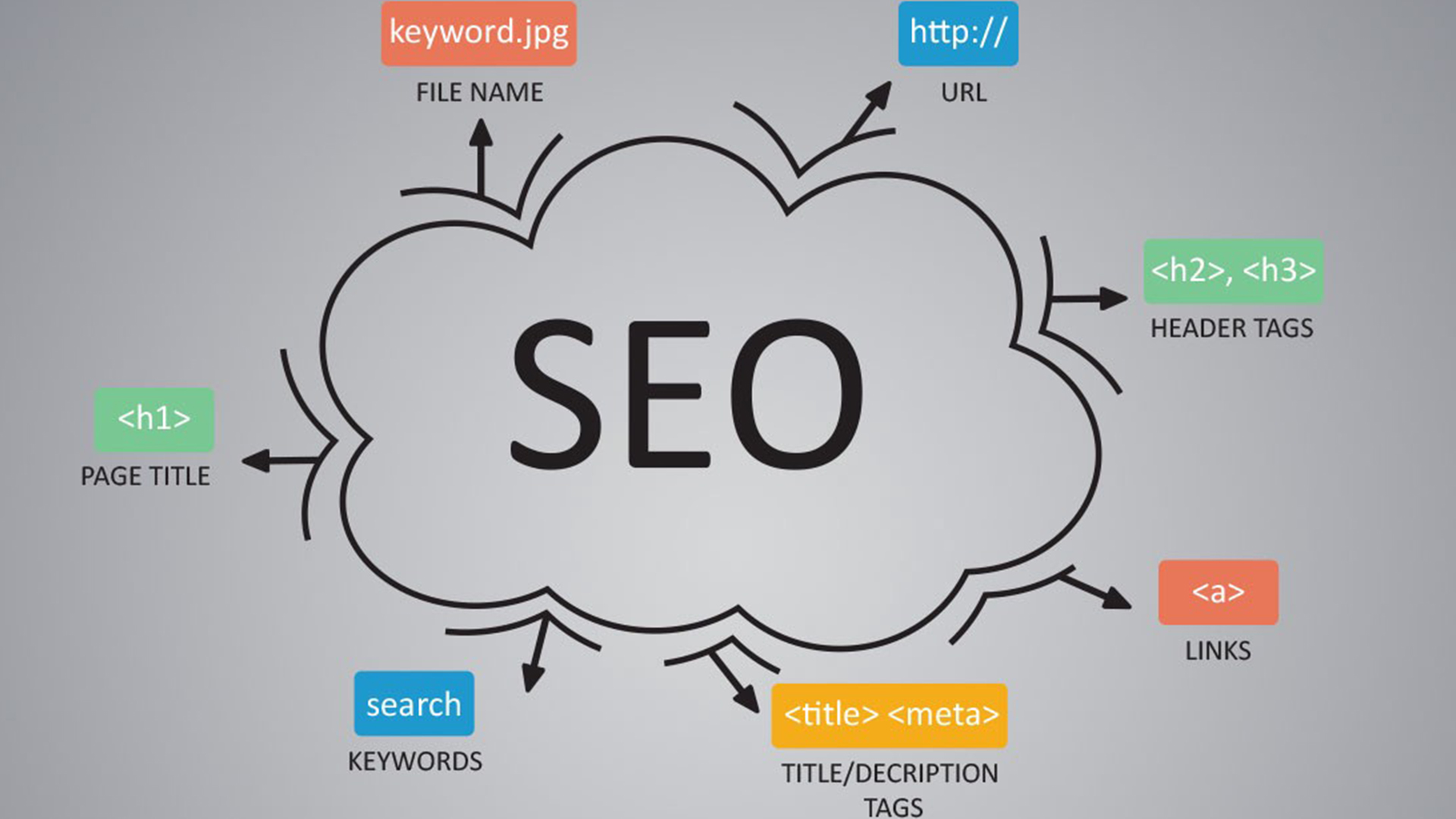Loading

Search Engine Optimization, or SEO, is the whole of the work done to ensure that our websites gain more visibility in search engines. We can increase our visitor numbers by placing in better positions (rankings) on Google and other search engines. We can achieve this performance by mastering the search engine rules. Now is the time to learn what SEO is, how it is done and the details. If you're ready, let's start.
What is SEO (Search Engine Optimization) ?
SEO stands for “Search Engine Optimization”. SEO is the practice of increasing the quality, quantity, and trending of your website traffic through non-paid (known as “organic”) search engine results. In other words: Search Engine Optimization is the name given to all the work done to make websites perform better in search engines.
SEO is also the abbreviation of Search Engine Optimization (SEO), which is the English equivalent of Search Engine Optimization. It is the process of making continuous improvements so that your website will rank better on the search engine results page (SERP). With SEO, you can increase the performance of your website and reach more visitors.
What is SEO Expansion?
SEO stands for: Search Engine Optimization. To make a short and clear definition of SEO, which is the abbreviation of English words, it is the work done for websites to rise in the Google search engine and to increase traffic naturally.
Why is SEO Necessary? Why is it Important?
The purpose of SEO is to rank websites high on Google or a targeted search engine based on words. Websites that rank higher get more clicks. More visitors make every web entrepreneur happy, but the most important thing here is the number of qualified users. In other words, you should do Search Engine Optimization not to get more visitors, but to get more qualified visitors.
If you do not have experience in this area, you can start working with an SEO expert. I suggest making sure you find the right specialist. Because unconscious work can cause serious damage to your site. Most specialists usually offer the following services:
- Examine the General Structure of Your Site.
- Reviewing, Revising and Suggesting New Content on Your Site.
- Making Suggestions for Improving Your Website According to Google and Other Search Engines.
- Keyword Research.
- Competitor and Industry Analysis.
- SEO Training.
- Developing and Implementing Off-Site Strategies.
- Preparation of Professional and Clear SEO Reports.
How Do Search Engines Work?
There are many factors that determine results in the SERP, but among the most important are relevance, expertise and trust. Understanding these signals and optimizing your site accordingly will benefit your website. It is essential to consider these factors, as Google and other search engines want to offer their users only the most relevant and authoritative results.
Google is a quality search engine. It has come to this day because it provides a quality experience to its users. Whichever website provides this quality experience, it always rewards that website. In other words, if we help Google provide a quality experience, we will receive the reward in a short time.
What is this? To produce quality content, to optimize our website according to the rules, to work for visitors, not search engines. In addition, in some cases, personalization can also affect the final result. For example, for personalization: location information, the user's search history, the device used or social connections.
Search engines, especially Google, make dozens of algorithm changes every year. The goal is to provide more relevant results to their research visitors.
I mentioned above: They make all kinds of improvements and changes to provide a better quality experience. Some changes are major and affect a large number of sites. Others are small and you will hardly notice any change in your positions on the results page.
There have been several major Google updates over the past year. You can access these updates from MOZ and similar websites. I will share a detailed content about algorithms as soon as possible. There is one thing we should not forget: search engines always work to give the most relevant links to the information you are looking for.
Do You Need a Digital Solution?
The most suitable digital solutions are at Gefsun Digital.
Please contact us to get a quote.
